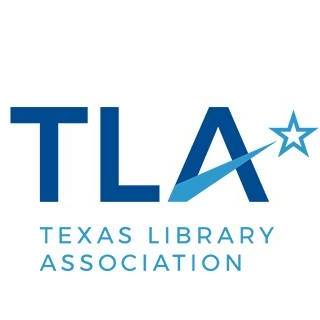
“Librarians work just like teachers. They are credentialed. They have a teacher certification that they maintain with an additional library certification so if you observe what we do, you’ll quickly see we’re leading instruction and servicing all students on campus,”

School librarians, who are required to teach in a classroom for two years and in many cases receive a master’s degree, would be excluded from legislation offering a $5,000 pay raise to all Texas teachers, Julie Chang writes for the Austin American-Statesman.
Senate Bill 3 would spend $3.7 billion over two years to boost pay for classroom teachers, but not other educational professionals. The legislation is touted as a way to better retain teachers and recognize them for the importance of their jobs amid a renewed focus among lawmakers from both chambers and both parties on improving public education in Texas. Teachers have welcomed the pay hike plan; librarians, 4,600 of them statewide, who are paid comparably to teachers, say they’ve been forgotten.
“Librarians work just like teachers. They are credentialed. They have a teacher certification that they maintain with an additional library certification so if you observe what we do, you’ll quickly see we’re leading instruction, and servicing all students on campus,” said Becky Calzada, the Leander school district library coordinator.

The Texas Library Association has sent letters to the bill’s author Sen. Jane Nelson, R-Flower Mound, as well as House Speaker Dennis Bonnen, R-Angleton, and Lt. Gov. Dan Patrick, asking for librarians to be included in the raise.
“As a former teacher, I understand how important librarians, counselors, nurses and other employees are to public education. There is nothing in this bill that prevents districts from raising those salaries. SB 3 prioritizes resources to invest in classroom teachers, who are the key to ensuring that our students succeed,” Nelson said when asked about including librarians in the raises.
According to teacher groups, the bill was narrowly written to apply to teachers who are directly involved in the instruction of the student. Librarians say they are, too.
On a recent morning, Liliana Alonzo was teaching students in an English literature class at Glenn High School in Leander how to access research databases for their yearlong projects on literary movements. At nearby Del Valle Middle School, Mary Hopkins, a librarian for twenty-three years, was helping a Spanish class find books on pollution. She also coordinates academic competitions, helps struggling students with reading in three intervention classes and develops lessons on creating bibliographies and using the Dewey decimal system.
“I think that I deserve (the $5,000 raise) just as much as a classroom teacher. Although I might not be in a little room, I’m in a big room with kids and I’m teaching every day,” Hopkins said.
“Just having that person that wears the hat of ‘I’m here to support the curriculum, I’m here to support the technology, and I’m the (leader on) literacy’—there’s just something in that magical combination,” said Jennifer LaBoon, Texas Library Association president and the Fort Worth school district’s library technology coordinator.
Ashley Cross, a librarian at O. Henry Middle School in Austin who makes $49,000 a year, would use a raise to help pay for graduate school, which costs $17,000. The Austin school district requires librarians to eventually earn a master’s degree in library and information science or an equivalent. Cross said she left the classroom after eight years to become a librarian so she could introduce the love of reading to more students.
“I do want this at the very least for classroom teachers,” she said of the raise proposal. “But would it be disappointing for a librarian? Absolutely. Would it hurt librarians in the state? Yes, because you’re going to draw less people who would be willing and want to do this because we do need the money.”
Calzada said teachers already see a risk in becoming a librarian. Because state law doesn’t require a librarian on each campus, many school districts eliminated certified librarian positions in 2011 when the state cut more than $5 billion from public education. Leaving librarians out of a pay raise will deter teachers from becoming librarians, she said.
The Senate Finance Committee, which Nelson chairs, will consider SB 3 on Monday, February 25, during a hearing at the Capitol.
(Austin American-Statesman)

